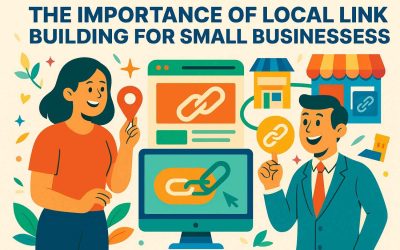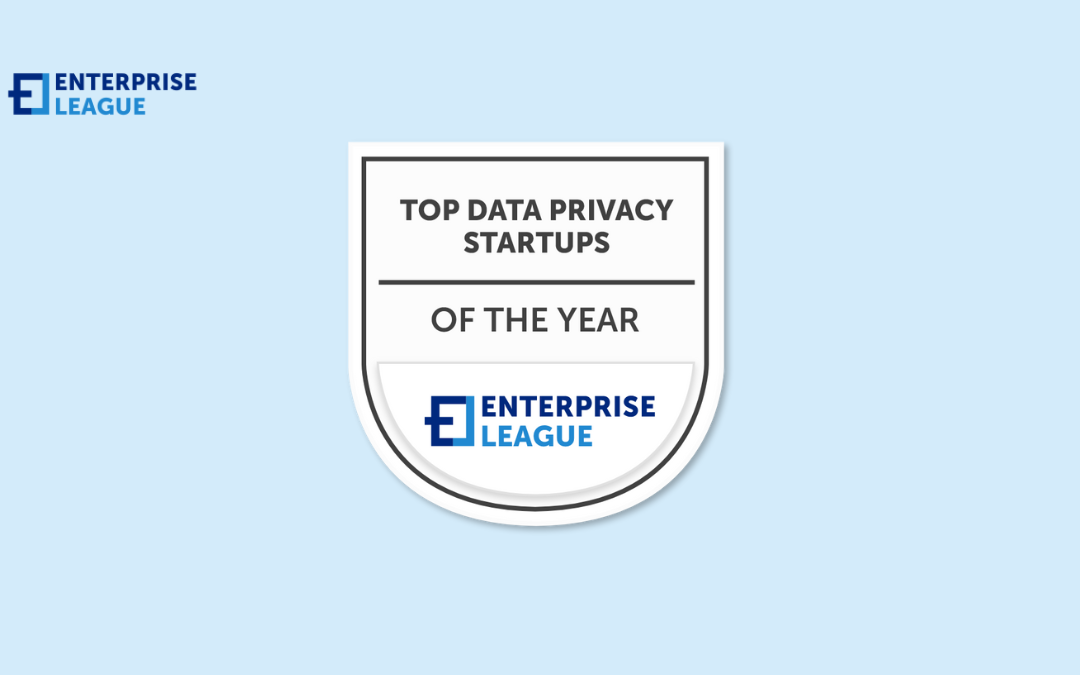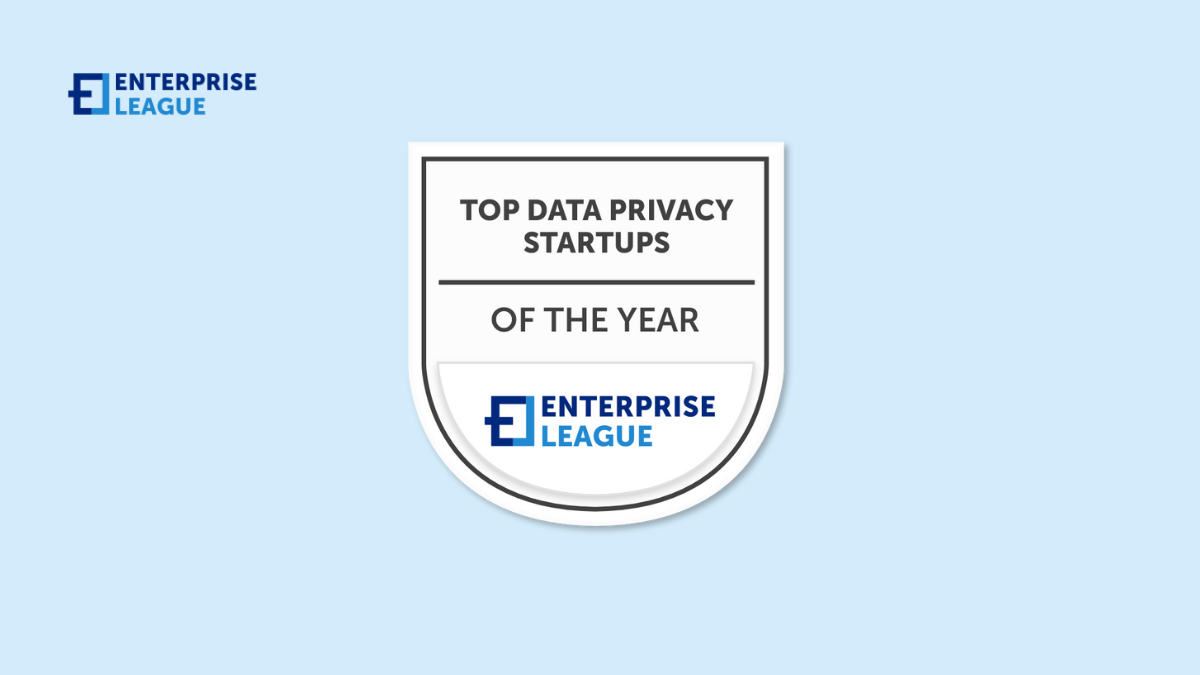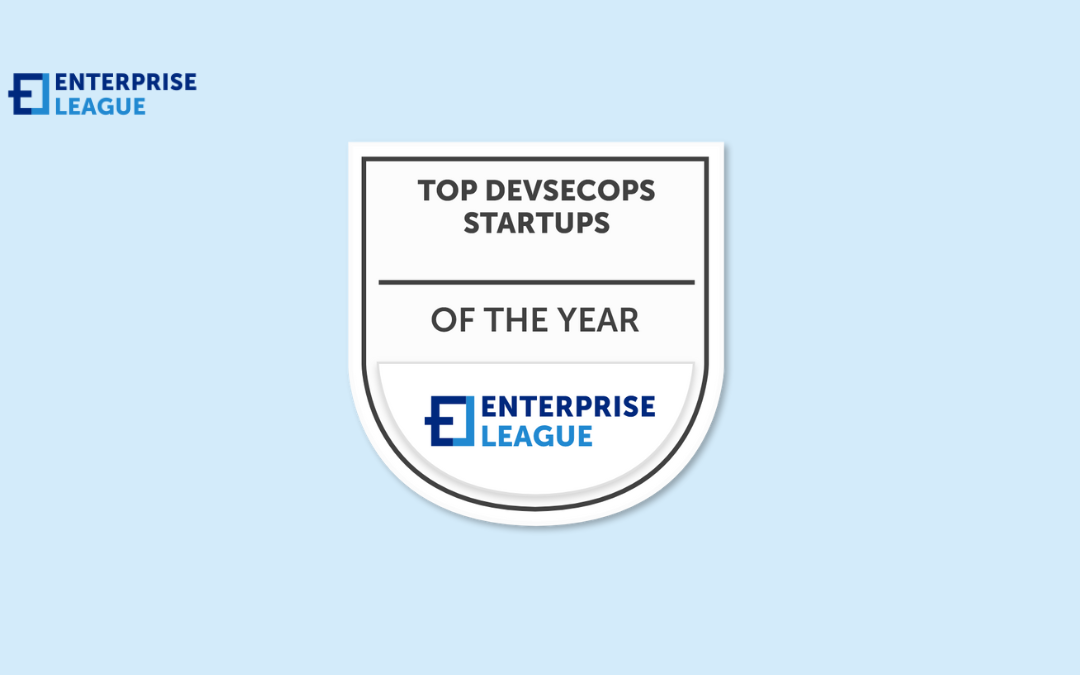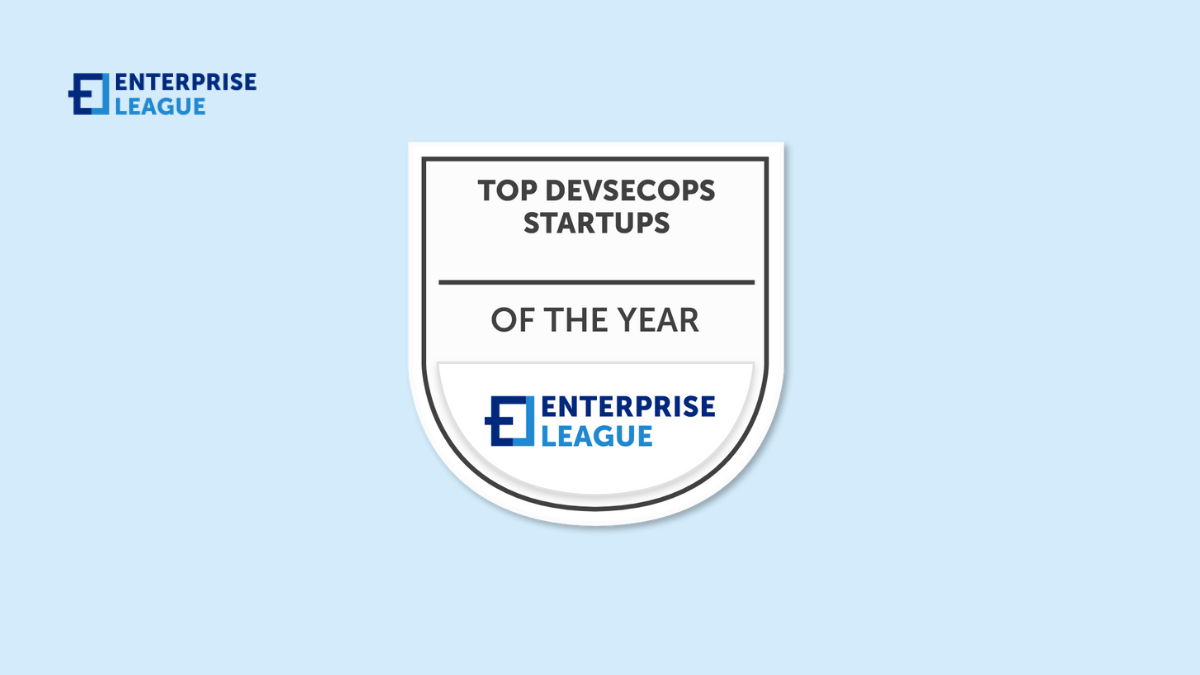Fuel expenses can eat into operational costs and profits if left unchecked. The bigger the fleet a company has, the more significant the loss. Specialized fuel cards emerge as a viable solution to boosting fuel savings, security, and streamlining expense management....

Top wholesale clothing vendors for boutique owners and resellers
Top wholesale clothing vendors for boutique owners and resellers
November 08, 2024

Launching a successful boutique or resale business means finding reliable, high-quality suppliers. The global apparel industry operates as a massive, intricate system that produces billions of clothing items and accessories, reaching consumers all around the world. In 2022, the market revenue for the apparel and accessories industry was projected to surpass 1.5 trillion U.S. dollars. Hence, your vendor partnerships play a crucial role in the profitability, reputation, and variety of your offerings.
To support boutique owners and resellers, we’ve compiled a list of top wholesale clothing vendors that provide fashionable, diverse, and quality clothing options. Whether you’re starting out or looking to expand, these vendors can help you succeed.
Why choose wholesale clothing vendors
Wholesale clothing vendors simplify the process of sourcing quality products in bulk, allowing boutique owners to meet demand while reducing costs. When you partner with reputable wholesalers, you can expect access to the latest trends, competitive pricing, and streamlined inventory management. By selecting the right vendors, you’ll provide your customers with exclusive pieces and elevate your boutique’s reputation.
Factors to consider when choosing a wholesale vendor
When selecting a wholesale vendor, consider these key factors to ensure a good match:
- Pricing. Check if the pricing structure fits your budget and profit margins.
- Shipping and return policies. Fast and reliable shipping and flexible return policies are essential.
- Minimum order requirements. Some vendors have high minimum orders, so choose according to your budget.
- Trend updates. Go for vendors who keep up with seasonal trends to stay competitive.
By carefully evaluating these factors, you can build a successful long-term partnership with your wholesale vendor while maintaining profitability and customer satisfaction.
Top wholesale clothing vendors for boutique owners
Here’s a list of reputable wholesale clothing vendors to get your boutique started on the right foot.
Wholesale Central
Wholesale Central is a popular platform connecting boutique owners with multiple wholesalers, providing a wide selection of clothing and accessories.
- Extensive directory. Wholesale Central features a comprehensive directory of suppliers across numerous categories, including women’s, men’s, and children’s fashion.
- User-friendly navigation. The platform allows users to easily search for products, helping them quickly find trending items and unique styles.
- Vendor connections. Wholesale Central facilitates direct connections with suppliers, allowing you to negotiate pricing and learn about bulk discounts.
- Market insights. Stay updated on industry trends and seasonal promotions, enabling you to make informed purchasing decisions.
With these features and benefits, Wholesale Central serves as a valuable resource for boutique owners looking to expand their inventory and grow their business efficiently.
LAShowroom
LAShowroom specializes in showcasing Los Angeles-based fashion brands, appealing to boutique owners seeking trendy, locally sourced options.
- Unique selection. Provides access to brands that are not easily found elsewhere.
- Customization options. Allows boutiques to customize orders for exclusivity.
- Trend updates. Regularly updates collections based on seasonal trends in the LA fashion scene.
This platform offers boutique owners an opportunity to stand out in their market by sourcing distinctive, fashion-forward pieces directly from the heart of LA’s vibrant fashion industry.
Tasha Apparel
Tasha Apparel is well-known for offering high-quality products at affordable prices, especially for women’s fashion.
- Affordable pricing. Great for boutiques targeting budget-conscious customers.
- Free shipping. Free shipping is offered on orders that exceed a certain minimum amount, allowing customers to enjoy their purchases without worrying about additional shipping costs.
- Small minimum orders. Ideal for smaller boutiques or new businesses.
With its combination of accessible pricing and business-friendly policies, Tasha Apparel stands out as an ideal partner for boutiques aiming to build a sustainable fashion business.
Bloom Wholesale
Bloom Wholesale stands out for its direct sourcing from LA manufacturers, with a focus on women’s clothing.
- Fast shipping. Reliable shipping options available nationwide.
- Small minimum orders. Perfect for boutiques testing new inventory.
- Trendy collection. Focuses on modern, fashionable styles.
By combining quick delivery, flexible ordering, and on-trend styles, Bloom Wholesale helps boutiques stay agile and responsive to their customers’ evolving fashion preferences.
Wholesale Fashion Square
Wholesale Fashion Square offers a variety of clothing categories with an emphasis on affordable pricing and a range of styles.
- Large Inventory. Includes a diverse collection from casual to formal wear.
- In-house design team. Ensures fresh, trendy designs.
- Loyalty program. Provides benefits to returning customers.
This blend of creative design capability and customer appreciation programs helps boutiques maintain both fresh inventory and healthy profit margins.
How to build a relationship with your wholesale vendor
Establishing a strong relationship with your vendor will improve your business’s consistency and reliability. Here are some tips:
- Communicate regularly. Frequent check-ins can help you stay informed on new arrivals and promotions.
- Order strategically. Order enough to meet minimum requirements but avoid overstocking.
- Provide feedback. Vendors appreciate feedback on what sells well and what doesn’t.
- Leverage negotiation. Some vendors may offer discounts for larger orders or long-term partnerships.
Key benefits of working with trusted wholesale clothing vendors
Using wholesale clothing vendors ensures a stable supply of fresh inventory while reducing costs and risks. Reliable vendors often provide seasonally relevant pieces and high-quality materials that enhance your store’s appeal. This allows you to focus on customer service, marketing, and other business growth aspects, knowing your supply chain is in good hands.
Essential tips for first-time boutique owners
Starting a boutique business requires careful planning and strategic decision-making to establish a strong foundation for success. Here’s what you need to know to get started on the right foot:
- Understand your niche and customer preferences: Select vendors that align with your boutique’s niche and target audience. Understanding your customers’ tastes ensures you’ll stock items they’ll love, leading to higher sales and customer loyalty.
- Start small and test the demand: Testing a new vendor or product category is smart for small boutiques. This way, you can gauge demand before placing larger orders, reducing your financial risk and preventing overstock.
- Focus on product photography: High-quality images can make or break online sales. Many wholesale clothing vendors offer professional product photos, making it easy to upload items to your website or social media pages directly.
- Take advantage of vendor resources: Some vendors provide marketing materials, size guides, and inventory management tools. Leveraging these resources can save you time and make it easier to manage your boutique.
- Build an online and offline presence: Promote your boutique online through social media and a user-friendly website. Also, consider a physical location or pop-up shop to reach more customers.
These key strategies will help you establish a solid framework for your boutique’s growth and long-term success.
Conclusion
Finding the right wholesale clothing vendors is crucial for boutique owners and resellers looking to succeed in a competitive market. By considering the quality, pricing, and trends offered by various vendors, you can curate an exceptional selection for your customers. Remember to build solid relationships with your vendors, communicate your needs clearly, and stay up-to-date on market trends to keep your inventory relevant.
More must-read stories from Enterprise League:
- Find out everything you need to know about the 10 Ds of entrepreneurship.
- Pros and cons of social media for business you should be aware of.
- How to ask for a deposit in a contract without being awkward or losing a client.
- All the reasons why we should support local businesses and shop local.
- Are there any benefits of having a 80 hour work week?
Related Articles
What Are the Top-Rated Fuel Cards for Businesses Operating Nationwide
How do I reserve a space for a trade show in Pennsylvania
Trade shows are excellent business opportunities. Your upcoming event should occur in a space big enough to hold all participating brands while leaving room for visitors. Learning how to reserve a space for a trade show in Pennsylvania will help you find the best...
What Are the Best Event Venues for Corporate Meetings?
Finding the perfect event venue for your corporate meetings requires careful consideration of location, amenities, accessibility and reputation. The best venues provide excellent audio-visual capabilities, flexible meeting spaces, and professional decor options to...
Turning Browsing into Business: The Role of eCommerce Data
In online commerce today, success requires more than just great products or an attractive website. The real advantage comes from effectively using customer data. Every time someone browses products, adds items to their cart, or leaves a review, they create valuable...
The Importance of Local Link Building for Small Businesses
Small businesses today face intense competition online, making it essential to use every available strategy to gain visibility and attract customers. While many business owners understand the basic concepts of search engine optimization, they often overlook one of the...





